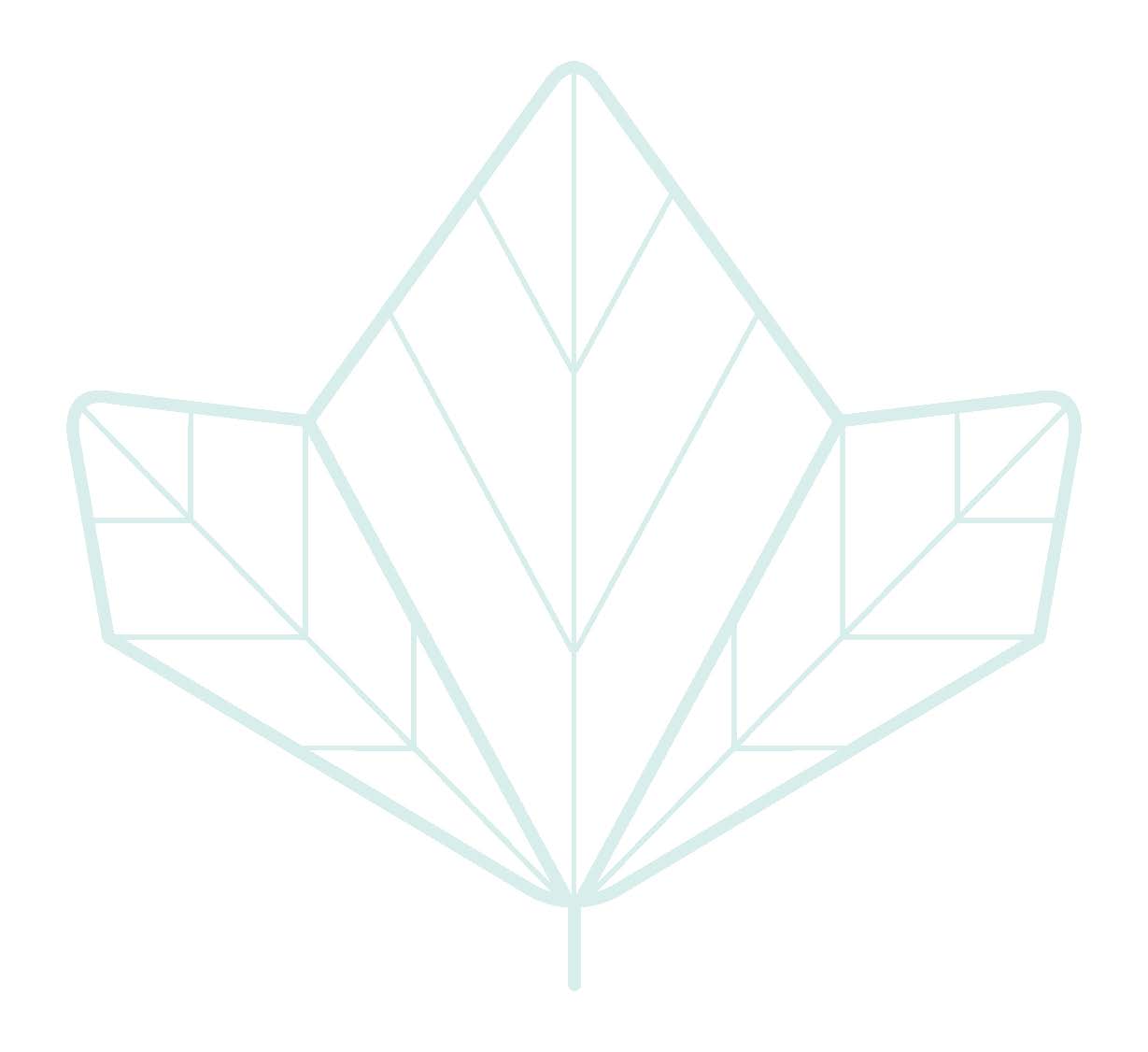Understanding the Role of a Herbalist
- The Herbalist Health

- Oct 9, 2025
- 4 min read
When we think about health and healing, many of us imagine modern clinics and pharmaceutical drugs. Yet, there is a timeless path to wellness that has been embraced for centuries - herbal medicine. At the heart of this tradition is the herbalist, a guide who helps us connect with nature’s remedies to support our wellbeing. Today, I want to share with you what it truly means to be a herbalist and how their expertise can enrich your health journey.
What Does a Herbalist Do?
A herbalist is much more than someone who simply knows about plants. They are skilled practitioners who understand the healing properties of herbs and how to use them safely and effectively. Their role involves:
Assessing individual health needs: A herbalist listens carefully to your symptoms, lifestyle, and health history.
Creating personalised herbal remedies: Using their knowledge, they blend herbs into teas, tinctures, salves, or capsules tailored to your unique condition.
Educating and empowering: They teach you how to use herbs wisely and encourage a holistic approach to health.
Supporting long-term wellness: Herbalists focus on balancing the body’s systems rather than just treating symptoms.
For example, if you struggle with stress and sleeplessness, a herbalist might recommend calming herbs like Ju Hua / Chrysanthemum Flowers or Suan Zao Ren / Jujube Seeds, combined with lifestyle advice. This personalised care is what sets herbal medicine apart.
Dried herbs ready for preparation into natural remedies
Exploring Herbal Medicine Practices
Herbal medicine practices are rooted in centuries of tradition, yet they continue to evolve with modern understanding. These practices involve using plants to promote health, prevent illness, and support the body’s natural healing processes. Some common methods include:
Infusions and Decoctions: Steeping herbs in hot water to extract their beneficial compounds.
Tinctures: Concentrated herbal extracts made with alcohol or glycerine.
Poultices and Compresses: Applying herbs directly to the skin to relieve pain or inflammation.
Herbal Capsules and Tablets: Convenient forms for daily supplementation.
Each method is chosen based on the herb’s properties and the condition being treated. For instance, a decoction might be used for tougher plant materials like roots, while infusions are perfect for delicate leaves and flowers.
Herbal medicine practices also emphasise the importance of quality and sustainability. A herbalist ensures that herbs are sourced ethically and prepared with care to maintain their potency.
The Importance of Personalised Care
One of the most beautiful aspects of working with a herbalist is the personalised attention you receive. Unlike one-size-fits-all treatments, herbal medicine is tailored to your body’s unique needs. This approach recognises that no two people are the same, and what works for one person may not work for another.
During a consultation, a herbalist will explore various factors such as:
Your diet and lifestyle habits
Emotional and mental well-being
Physical symptoms and medical history
Environmental influences
This comprehensive understanding allows them to craft a treatment plan that supports your overall health. For example, if you have digestive issues, the herbalist might combine herbs that soothe the gut lining with advice on nutrition and stress management.
Personalised care also means ongoing support. Herbalists often follow up to adjust remedies as your health changes, ensuring you receive the best possible outcomes.
How Herbalists Complement Modern Healthcare
It’s important to recognise that herbal medicine does not replace conventional medical care but rather complements it. Many people find that combining herbal remedies with modern treatments enhances their healing experience.
Herbalists work with you to:
Support recovery from illness
Manage chronic conditions naturally
Boost immunity and vitality
Reduce side effects of medications
For example, someone undergoing chemotherapy might use herbal teas to ease nausea and fatigue, always under the guidance of their healthcare team. This integrative approach respects the strengths of both traditional and modern medicine.
If you are considering herbal medicine, it’s wise to inform your doctor and herbalist about all treatments you are using. This ensures safe and coordinated care.
Embracing Your Health Journey with a Herbalist
Choosing to explore herbal medicine is a step towards embracing a more natural and balanced way of living. The herbalist is your partner on this journey, offering knowledge, compassion, and personalised care.
If you want to experience the benefits of herbal medicine, I encourage you to connect with The Herbalist. Their expertise in Traditional Chinese Medicine and herbal practices can help you achieve wellness and confidence in your health.
Remember, your body is a remarkable system capable of healing and thriving. With the right support, you can nurture your health naturally and joyfully.
Take the first step today - explore herbal remedies, ask questions, and open yourself to the wisdom of nature. Your journey to holistic health awaits.
Thank you for joining me in this exploration of the role of a herbalist. I hope you feel inspired to discover how herbal medicine practices can enrich your life. If you have any questions or want to share your experiences, please reach out. Together, we can cultivate wellness and harmony in our lives.



Comments